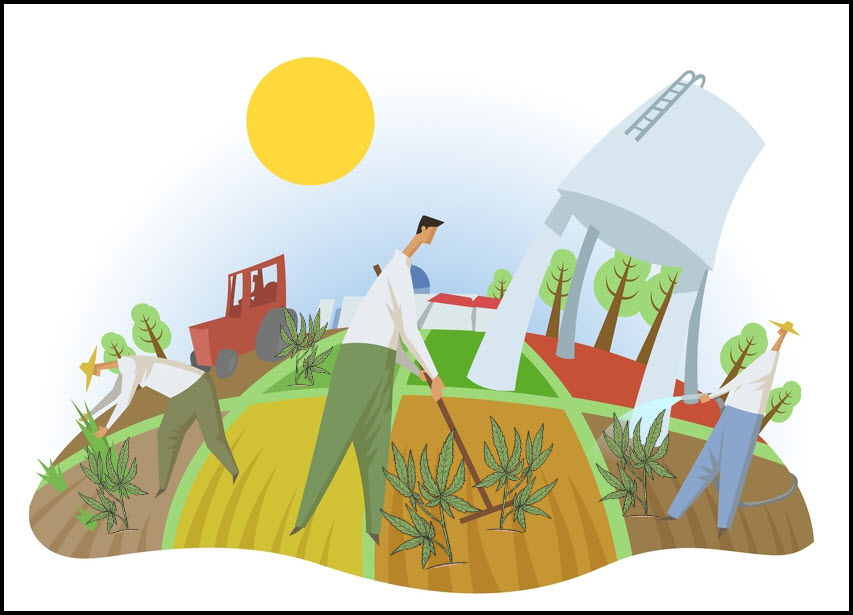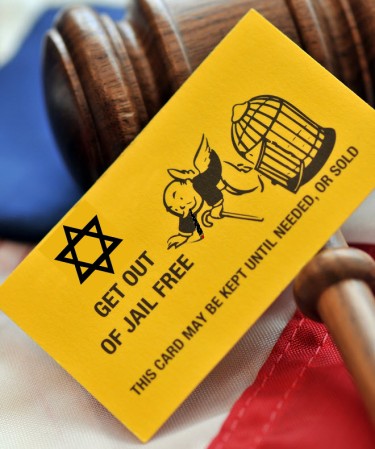
How cannabis is changing the face of the Israeli kibbutz movement
Israel’s kibbutz are agricultural communities.
The first kibbutz was established almost a century ago, and at the time it was considered a revolutionary idea to have a group of people living together voluntarily, all adhering to a social contract based on communal and egalitarian principles.
Kibbutz operate under the premise that any revenue generated by them and their members is shared collectively. The money is then used to run the kibbutz and make necessary investments. They all have the same budget, which is determined based on family size, although the entire kibbutz operates with direct participatory democracy.
A kibbutz can have anywhere from 100 to a thousand members. There are many other facets of a kibbutz, but first and foremost they have strong ideological beliefs and are always interested in helping build the country.
Modern Kibbutzim in the Cannabis Era
Today, Israel is already recognized as one of the world leaders in the global cannabis space.
They were one of the first countries to legalize the medicinal use of cannabis and have been at the forefront of research for many years to this day. Israel also recently decriminalized the possession of cannabis.
Cannabis has also caught the eye of kibbutz members, and now they are interested in growing marijuana instead of corn, olives or wheat. In fact, many kibbutzim in Israel have already switched to cannabis; some of the early adapters did so as early as 2008, while others waited until 2016 to apply for preliminary approval from the Israel Ministry of Health. It seems just a natural turn of events as Israel already has thousands of educated farmers due to the kibbutz system, as well as sophisticated research and development, cannabis startups and excellent weather for growing cannabis.
Today, while those who founded the kibbutz movement did not anticipate that they would eventually grow into large companies, cannabis has become both an important and lucrative part of modern Israeli society. According to Prohibition Partners, there were already 60,000 Israeli cannabis patients in 2020, although they have only been growing their own cannabis in recent years because the government finally allowed them to export medical marijuana.
This makes sense since the kibbutzim were hit hard by the financial crisis of the 1980s; Many of the young members had to go to the cities and say goodbye to their socialist traditions. They had to receive different salaries, but eventually most of the 200+ kibbutz managed to survive.
Now there are several kibbutzim dedicated to growing marijuana.
However, the roadblock is still financial; To become a licensed cannabis grower and succeed in the market, you need serious capital for vertical integration. Growing cannabis to be successful is not like growing lemons or any other fruit; it requires heavy investment and that goes for anyone who wants to grow it anywhere else in the world, not just in Israel.
Because Israel is at the forefront of research and development and is home to numerous cannabis-focused startups, it has enabled the kibbutzim to get a helping hand from investors – local or otherwise. Already in 2019 Seedo Corp. partnered with Kibbutz Dan in northern Israel to develop the first automated cannabis farm. It is to be operated on a commercial scale and without the use of pesticides. Seedo, a leading technology company specializing in the development of automated and controlled indoor growing equipment to support agriculture, works with farmers to achieve large yields of lab-quality vegetables that are pesticide-free.
The partnership aims to produce at least 14 tons of cannabis buds within the first 36 months, which would then bring them sales of around $24 million.
Also in 2019, Kanabo Partners, an Israeli cannabis technology company, partnered with Kibbutz Gezer to set up a medical cannabis cultivation facility. Originally founded by US immigrants, Kibbutz Gezer is located near Israel’s central coast, which offers all the ideal conditions for growing cannabis: low humidity, optimal temperatures, and long daylight hours. Kibbutz Gezer has chosen a suitable partner as it already has two cannabis licences: one for cultivation and the other for the development of new strains.
The partnership would allow Kanabo to continue developing and commercializing patented formulations and its vaporizer platform, allowing patients in Europe and Israel to benefit from these easy-to-use, no-smoking consumption methods.
“Kibbutz Gezer is excited to begin our collaboration with Kanabo. We believe medicinal cannabis is at the forefront of organic medicinal solutions to numerous medical problems, and with our new partners we can help alleviate suffering worldwide. We are in the process of obtaining the necessary building permits for the greenhouses and support structures to meet very strict government standards. The members of our community are eager to start growing while strengthening ties with Kanabo,” said Laura Spector of Kibbutz Gezer.
Conclusion
Today, so many other companies are already exploring kibbutzim in search of business opportunities. The kibbutzim are perfect partners for cannabis-related businesses and can also help save money on water, security or transportation. Overall, it looks like bright days are ahead for Israel’s kibbutzim
ISRAEL AND WEED, READ MORE..

ISRAEL DECRIMINALIZES CANNABIS FOR THE FIRST TIME EVER!
OR..

THIS WEEK’S ISRAELI CANNABIS NEWS UPDATE, READ HERE!

Post a comment: